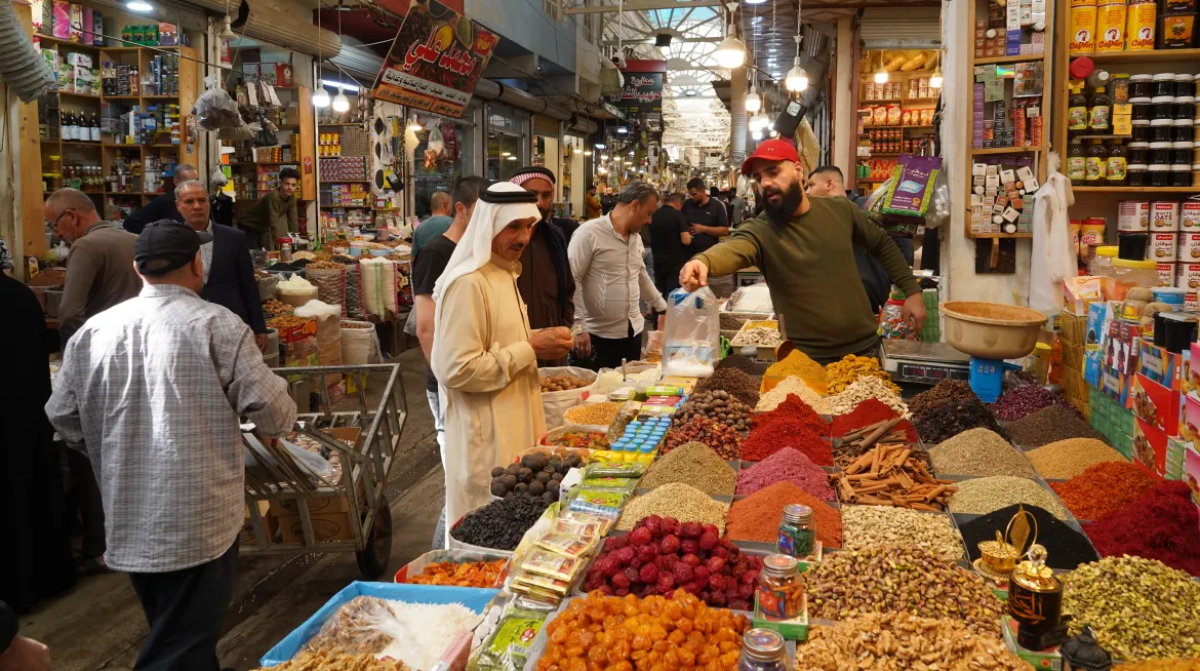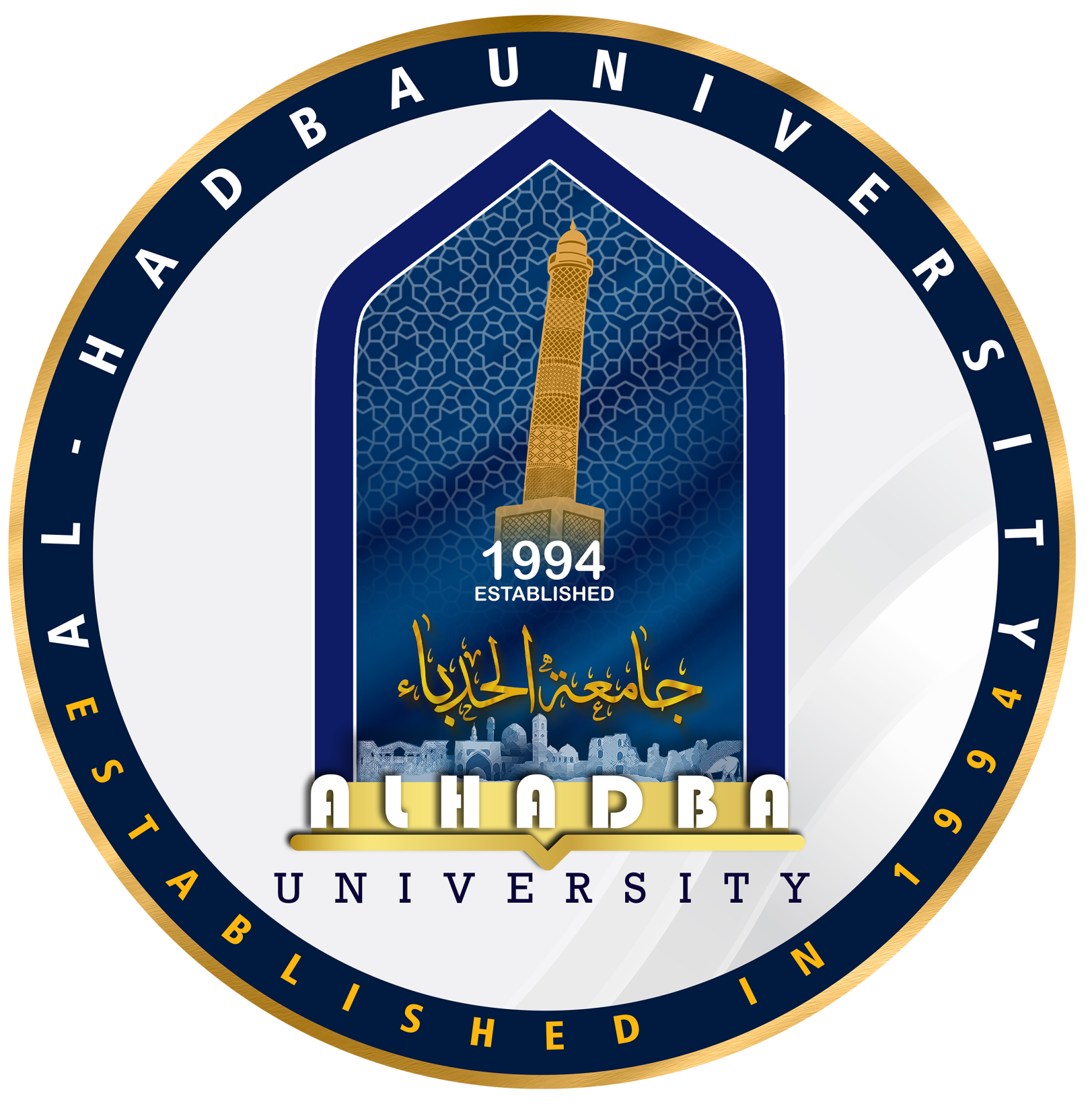
Local Community in Mosul, Iraq
Al-Hadba University: Rooted in the Heart of Nineveh
Introduction to Mosul
Mosul, the historic capital of Nineveh Province, is a city of unparalleled cultural richness and resilience. Known as “Um al-Rabi’ain” (the City of Two Springs) for its temperate climate, Mosul has long been a crossroads of civilizations, religions, and traditions. Today, its diverse community—Arabs, Kurds, Yazidis, Turkmen, and Christians—works tirelessly to rebuild and reimagine the city after years of conflict.
At Al-Hadba University, we are proud to be an integral part of this revival, fostering education, innovation, and social cohesion in partnership with Mosul’s people.
Key Features of Mosul’s Community
- Cultural Heritage & Craftsmanship
- Historic Markets: The bustling souqs of the Old City, like Al-Saray Market, are hubs of commerce and craftsmanship, where artisans produce traditional goods such as Mosul marble, handwoven textiles, and copperware.
- Religious Diversity: Mosul is home to ancient churches (e.g., St. Paul’s Church), mosques (e.g., Al-Nuri Mosque, undergoing UNESCO-led reconstruction), and Yazidi temples, symbolizing centuries of coexistence.
- Education & Youth
- A growing number of youth-led initiatives, such as Mosul Space and Mosul Eye, are driving cultural and technological innovation. Al-Hadba University collaborates with these groups to empower students through workshops, internships, and community projects.
- Rebuilding & Resilience
- NGOs and local organizations are restoring homes, schools, and hospitals. The university supports these efforts through engineering, urban planning, and public health programs.
Al-Hadba University’s Role in the Community
- Community Engagement:
- Hosting public lectures, cultural festivals, and art exhibitions that celebrate Mosul’s heritage.
- Partnering with local businesses to provide student internships and entrepreneurship opportunities.
- Social Impact:
- Medical students volunteer at clinics serving displaced families.
- Architecture students contribute to historic preservation projects in the Old City.
- Research for Mosul:
- Faculty and students conduct studies on sustainable agriculture, water management, and post-conflict recovery, directly addressing local challenges.
Cultural Highlights
- Mosul’s Cuisine: Famous for dishes like kubba Mosuli (spiced meat-filled dumplings) and lahm bi’ajeen (flatbread with minced meat), reflecting the city’s agricultural abundance.
- Festivals: Annual events like the Nineveh Spring Festival showcase traditional music, dance, and poetry, with participation from university students and staff.
Quotes from the Community
“Mosul isn’t just a city—it’s a story of survival and hope. At Al-Hadba University, we’re writing the next chapter together.”
— Dr. Ahmed Taha, Professor of History and Mosul native
“The university gave me the skills to rebuild my home and my future.”
— Rana Mahmoud, Civil Engineering Graduate
Call to Action
Join Us in Shaping Mosul’s Future
- Volunteer: Participate in community service programs.
- Donate: Support scholarships for Mosul students.
- Collaborate: Partner with the university on research or cultural projects.
